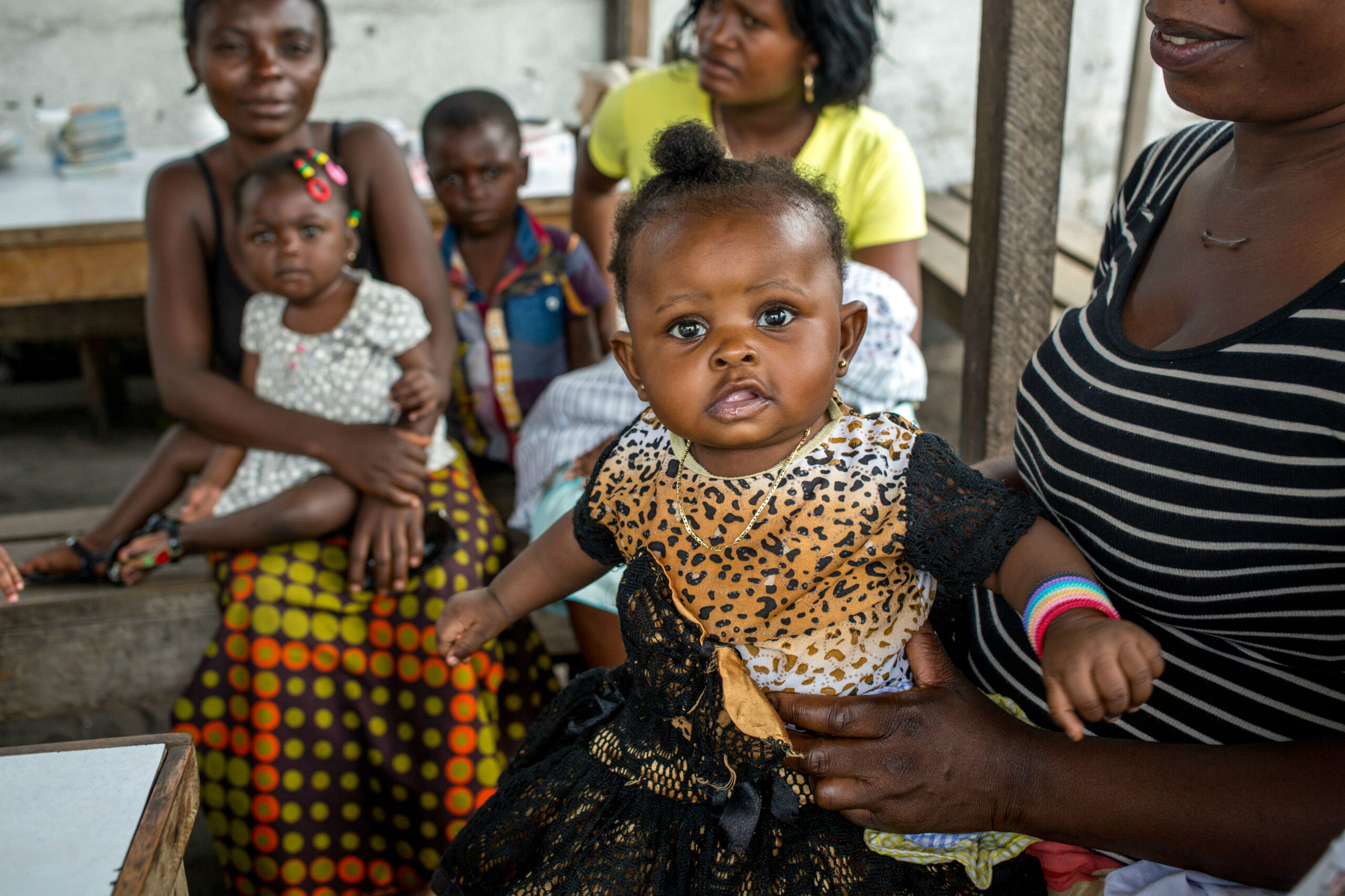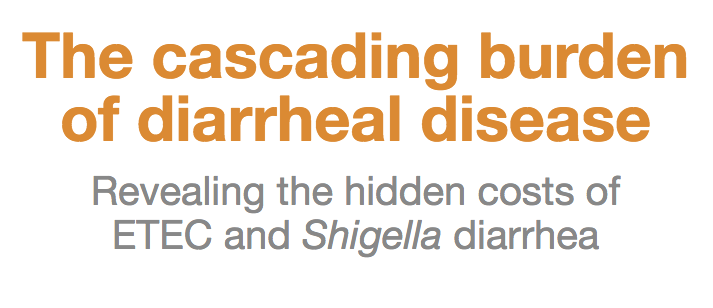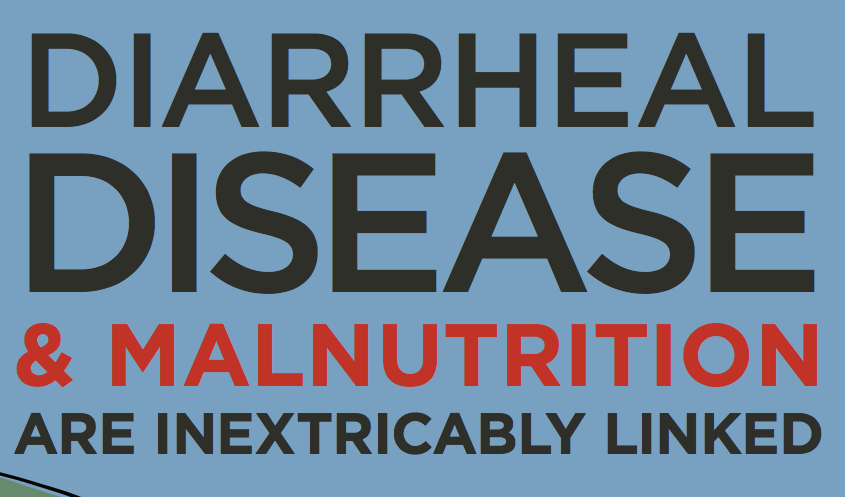
Curatio International Foundation, Georgia
Curatio International Foundation, Georgia
The Curatio International Foundation engages health providers, academics, and policymakers to overcome resilient challenges in the Republic of Georgia.
Manana Khotchava, a pediatrician in Georgia, shakes her head sadly when asked about the problem of diarrheal disease in her country. “This is a real issue,” she says. “Many children are suffering, but it is a struggle to get our policymakers to take action because we don’t yet have the information to convince them.”
Underreporting and unconfirmed diagnoses of diarrheal disease are common in Georgia, Dr. Khotchava explains. While severe cases are reported as they come into the health care system, she says they are just “the tip of the iceberg.”
In Georgia, as in other former Soviet countries, the transition to a free-market economy spurred semi-privatization of health care. For many, the introduction of private health care meant skyrocketing costs, hindering some from seeking care for their children for common illnesses like diarrhea. At the same time, low pay for providers has contributed to underreporting of diarrheal disease.
Surveillance and information systems have been strengthened during recent years, explains Ivdity Chikovani, a program manager at the Curatio International Foundation (CIF), a nongovernmental organization created in 1994 to help reform health systems in transition economies.
“However, they are far from perfect,” she explains, “and it is important to work on multiple fronts to strengthen policy, information systems, and laboratory procedures.”
In January 2008, CIF partnered with PATH to host a regional conference in Tbilisi, Georgia. Bringing together academics, health care workers, and policymakers, the workshop generated significant interest in rotavirus vaccines and broader diarrheal disease control measures. CIF continues to work with Georgian academics, health care providers, and the Ministry of Health to address barriers to diarrheal disease control. The partnership resulted in a draft nationwide plan for prevention and treatment interventions, and has facilitated new diarrheal disease management guidelines.
The plan includes education of clinicians and medical students, assistance for introduction of the new ORS and zinc on the local pharmaceutical market, standard diagnostic laboratory procedures to improve surveillance, a system for measuring intervention impact, and revisions to the national multi-year immunization plan to prepare for rotavirus vaccine introduction in the coming years. In clinical settings, new teaching modules on DD management will update training for pediatrics and family medicine residents.
The partners also developed recommendations on National Breastfeeding Indicators, and a new needs-assessment tool now provides a framework for determining budgetary, supply, human resources, and infrastructure needs. CIF’s history of strengthening health systems in the region, as well as increasing interest in diarrheal disease control, gives Chikovani and her colleagues hope for progress and scale-up.
“We really hope the work we are doing in Georgia will be able to be applied to other countries in the region as well.”


